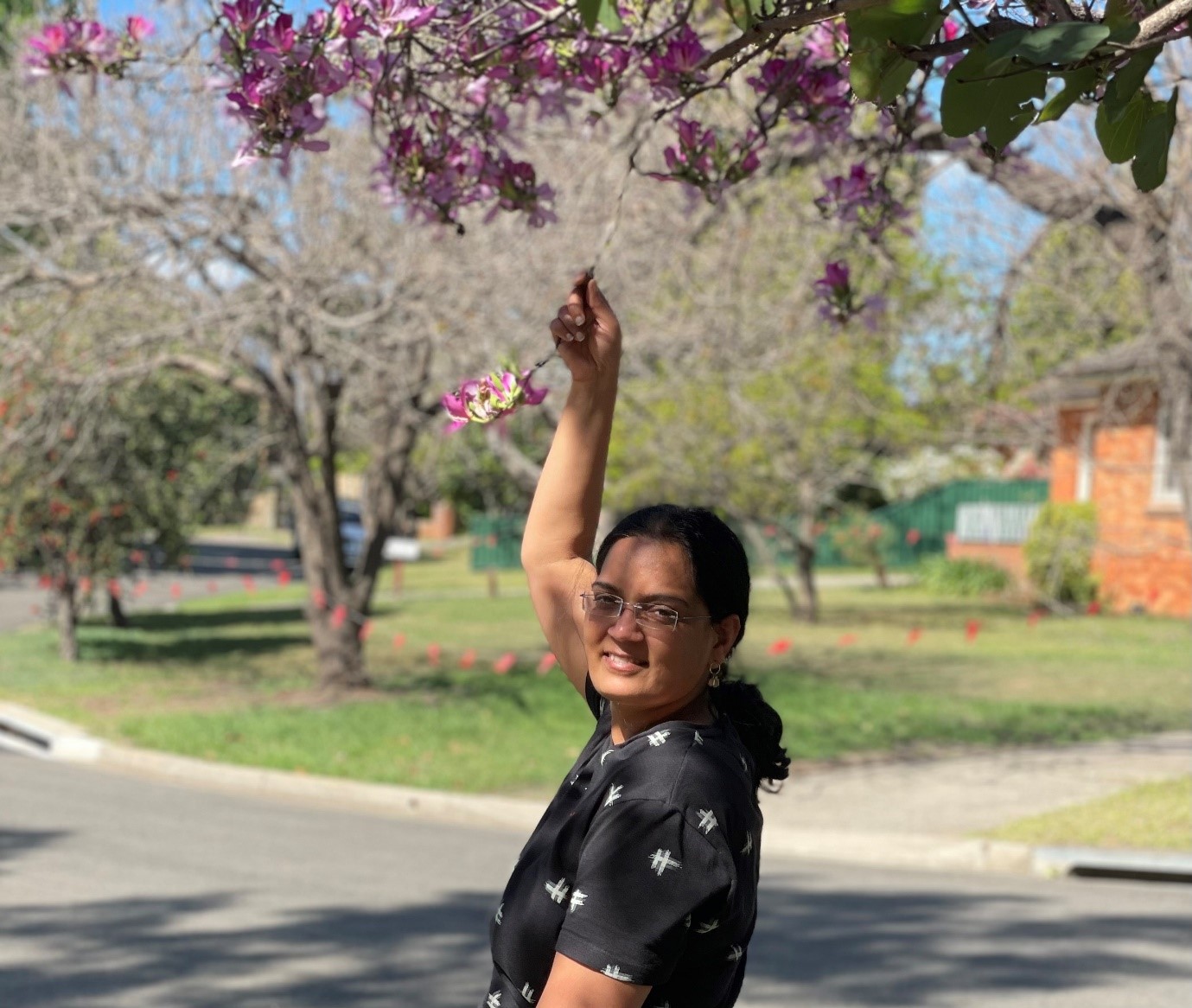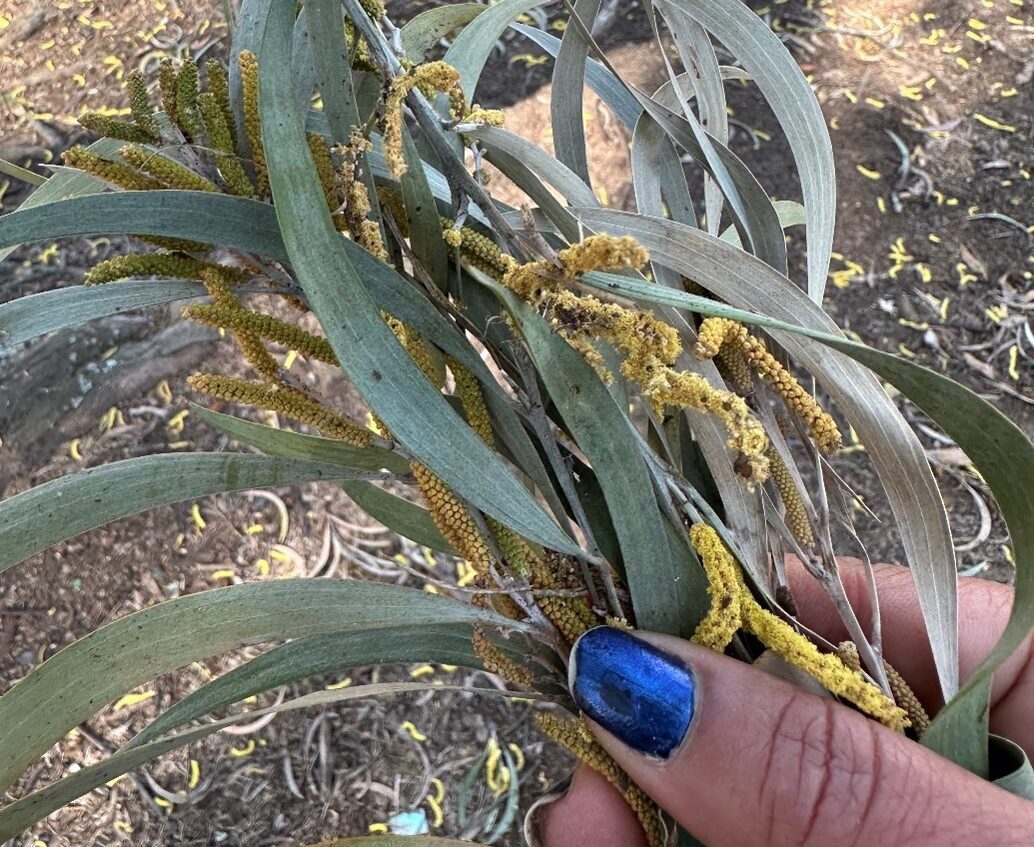Media Resources & Contact

A forensic scientist at NSW Health Pathology has been granted funding to investigate the chemical characteristics of psychoactive plants, with the aim of improving public health and safety.
Given the growing popularity of herbal medications, forensic practitioners are coming across plant-based pharmaceuticals more often.
The United Nations Office on Drugs and Crime voiced alarm in its 2019 World Drug Report on an increase in plant-psychoactive drug seizures.
The Illicit Drug Analysis Unit (IDAU) at NSW Health Pathology’s Forensic & Analytical Science Service (FASS) regularly encounters herbal plant material seized by the NSW Police.
Senior Forensic Scientific Officer at the IDAU Pragna Gaur says it’s critical to provide reliable research for assessing plant-based alkaloids that are encountered in forensic and public health contexts.
“I recently secured a grant from the Australia New Zealand Policing Advisory Agency (ANZPAA) National Institute of Forensic Science (NIFS) to assist my research project relating to the chemical investigation of plants used for mental resilience and wellbeing,” she said.
“My research is a collaboration between Western Sydney University’s National Institute of Complementary Medicine (NICM) and IDAU FASS. It will focus on the phytochemical profiling of botanical plant material used to treat neurological ailments (such as depression, anxiety disorders, and sleeplessness) and mental resilience.
“This includes plant species from the plant groups Fabaceae (Acacia spp.), Solanaceae (eg, Datura spp), Cactaceae (eg, Lophophora Williamsii), and Convolvulaceae (eg, Argyreia nervosa and Ipomoea spp.).
“Some of the plants I work with are more commonly known as wattle trees, Morning Glory, Angel’s Trumpets, and different varieties of cactus.”

Ms Gaur aims to develop a comprehensive chemical profile of the plant extract and identify known natural alkaloids that have been demonstrated to affect the central nervous system.
“My research will lay the groundwork for developing and improving methodologies for identifying alkaloids like tryptamine, mescaline, and tropine, allowing us to provide better services to our stakeholders and the forensic community.
“Overall, our novel findings will help to improve public health and safety.”
She says many communities continue to use herbal plant material as a medicine despite a lack of research.
“Despite their long and well-established use, our understanding of herbal medicines’ chemical components are not well known and require further research,” Ms Gaur said.
“To prove their safety and efficacy to the community and to provide a safe, inexpensive, and readily accessible alternative to modern medicines, more scientific studies are essential.”

